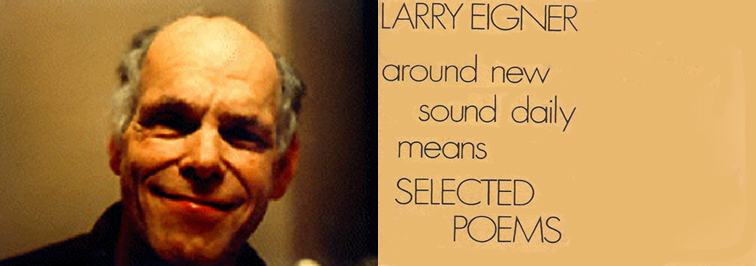We are pleased to publish Robert Zaller’s summary of Stanley Burnshaw’s life and work to mark the occasion of PennSound’s acquisition of two recordings of Burnshaw — one a talk, the other a 1963 reading. Zaller is a poet, critic, historian and activist, and serves as the executor of the Burnshaw Estate. Years ago I interviewed Burnshaw with Harvey Teres and spoke with him about his affiliation with radical writers in the 1930s and his encounter (by way of a negative review of Ideas of Order) with Wallace Stevens; we add my note (and a link to the PDF of the interview transcript) to this little Burnshaw feature.




